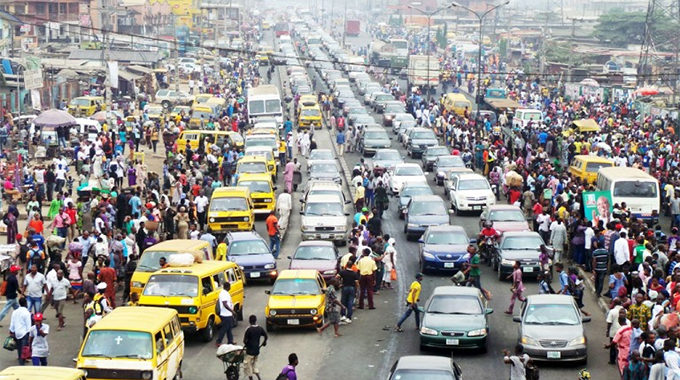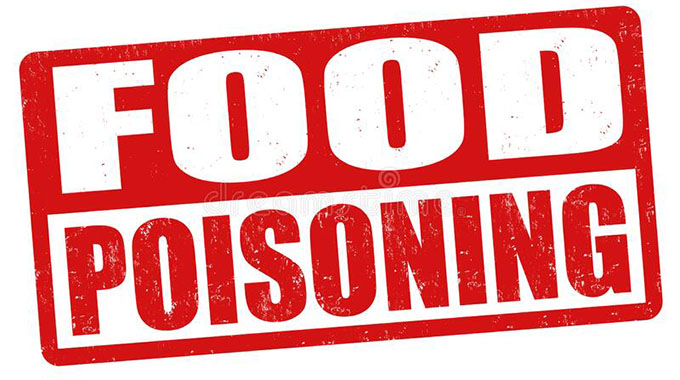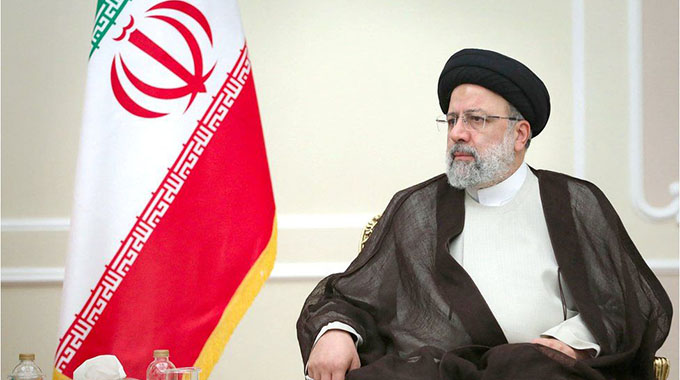Kinshasa drivers reward honest police officers

KINSHASA. – At dawn, in a working-class neighbourhood of Kinshasa, a driver stops and hands a handful of small bills to the traffic warden.
The scene is common in the buzzing capital of the Democratic Republic of Congo (DRC), where police officers frequently shake down citizens to supplement their meagre salaries.
Unlike some of her less scrupulous colleagues, Cécile Bakindo did not ask for money. The driver stopped to thank her.
“They love me a lot,” says the woman who prefers not to say her age and wears a beret, white gloves and a fluorescent orange waistcoat over her navy uniform. “They give me lots of presents.
Known as “roulages”, traffic wardens in the megacity of some 15 million people have a reputation for corruption. It is not uncommon to see them getting into a car and grabbing the ignition key in the hope of extracting money, or ripping off the number plate on the pretext of often made-up offences.
Users are so fed up with this type of behaviour that police officers of integrity quickly become institutions in their eyes, which must be encouraged and rewarded. Officiating from an elevated platform in the middle of a busy intersection, Cecile Bakindo smiles as she channels swarms of motorbikes and beat-up public transport vehicles dubbed “spirits of death”.
A driver slows down to give her some money. “She’s really great,” says Patient Kanuf, a motorbike taxi driver, buying fuel near the crossroads. “She has a heart of love,” he says.
At another crossroads in the city centre, a police captain, dark glasses, tall stature and soft voice, has also become a local celebrity, known for being incorruptible.
Jean-Pierre Beya, 64, has been policing the same intersection for about 15 years, he says, also smiling cordially at drivers weaving in and out of the late afternoon traffic.
If one of them enters the intersection dangerously, he or she gets a scolding.
According to Isaac Woto, a taxi driver, Jean-Pierre Beya and Cécile Bakindo are known throughout Kinshasa.
“They are serious,” he says, while “the others are just looking for money.
Corruption is endemic in the DRC, which ranks 169th out of 180 countries in the NGO Transparency International’s corruption index. According to a study by researchers from the Universities of Chicago and Antwerp and the Catholic University of Congo, bribes account for about 80% of the income of traffic police in Kinshasa.
Harassment of drivers is the cause of almost all fender-benders at junctions and 65 percent of traffic jams, according to the study. In 2015, each police station reportedly collected an average of US$12 000 in baksheesh per month.
The sums are significant in a country where nearly three-quarters of the 90 million inhabitants live below the poverty line and where police officers at the bottom of the ladder, according to Jean-Pierre Beya, earn about US$100 a month.
Interviewed on a Kinshasa street, a traffic policewoman, who asked to remain anonymous, denied that soliciting bribes was a habit. But she says that senior police officers and politicians allow themselves to drive dangerously with impunity.
Captain Beya, on the other hand, does not believe that poverty is the cause of police harassment.
“We all get the same salary. The problem is the mentality,” he says. ‑ AFP









Comments